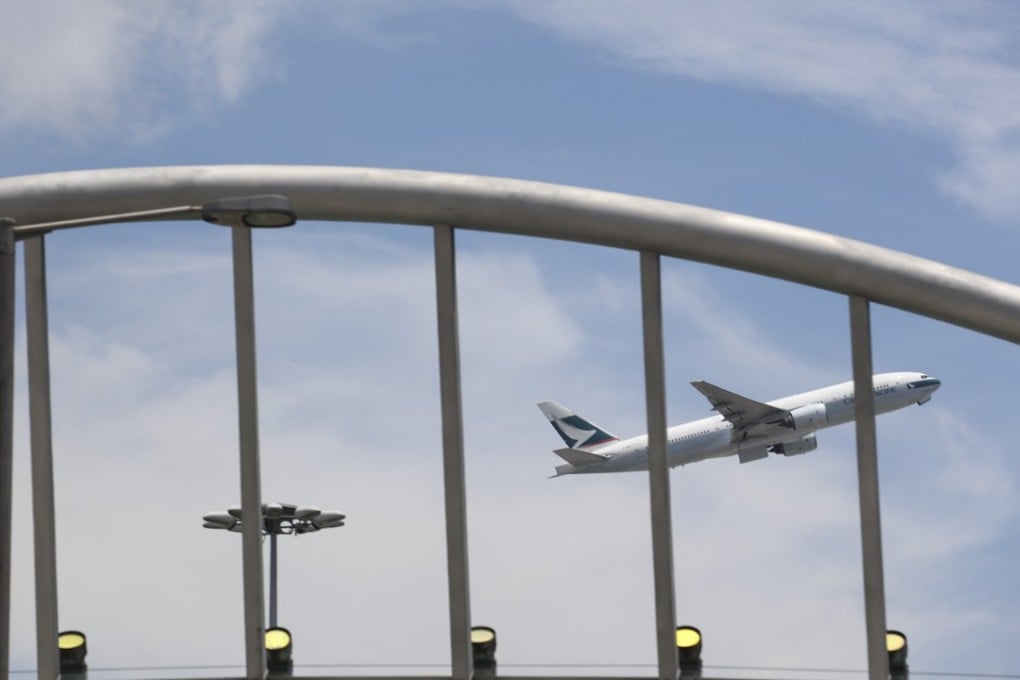Tiny Hong Kong must not overlook the dangers of open skies agreements
Albert Cheng says Hong Kong has to mind its geographical constraints before any open skies agreement, and urges better use of the new air traffic control system and two existing runways, along with more coordination with the government

Opening up the skies without fair negotiation would expose aviation to vicious competition
Yes, a more liberal aviation policy would appear at face value to bring more opportunities and revenue, and many regions have been adopting an open skies policy. However, Hong Kong’s aviation industry is a totally different case, due to geographical constraints.
According to most open skies agreements, the two countries only agree on international flights between them, and the domestic aviation market is not open to foreign airlines. Such an agreement is fair for most countries, as their airlines can expand their outbound business while balancing out the overseas competition by protecting their own domestic aviation market.

Hong Kong has given Cathay Pacific a special privilege that costs us dearly
If Hong Kong were to conclude an open skies agreement with Australia, Australian airlines would be free to operate here, while Hong Kong would gain no equal benefit, as the ultra-tiny city does not have a domestic aviation market. As a Cathay Pacific spokesperson put it, “Traffic rights are an important asset not to be traded lightly. Hong Kong enjoys an important geographical position, and foreign carriers are naturally always interested in trying to secure added advantages.” Hong Kong is an international aviation hub and the government should handle its invaluable traffic rights with care.
Hong Kong should not rush to open up its skies, but adopt progressive liberalisation